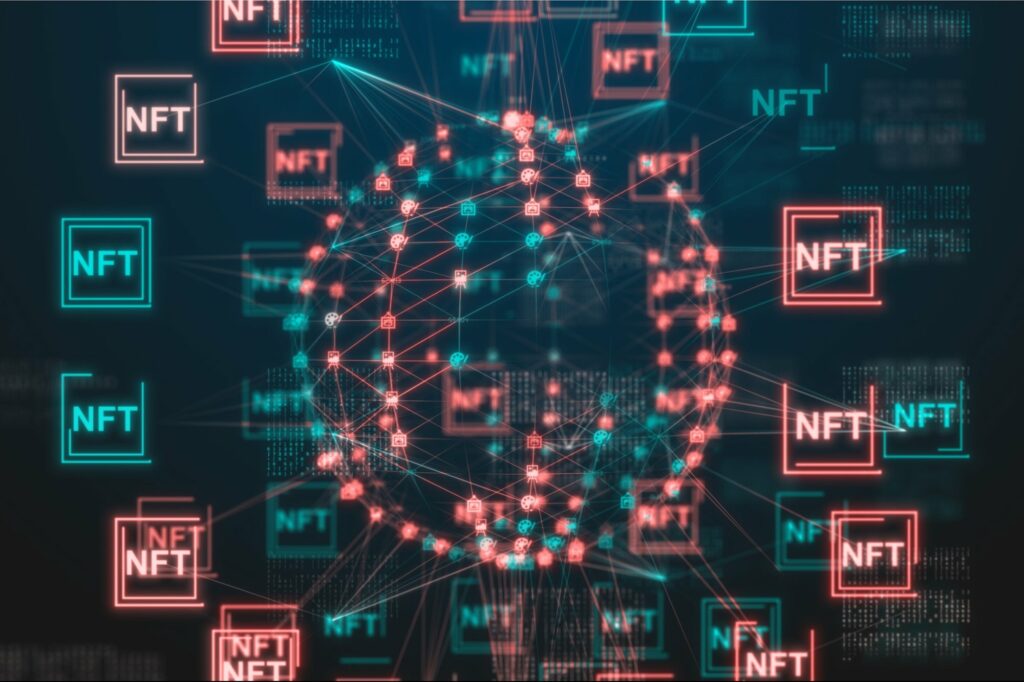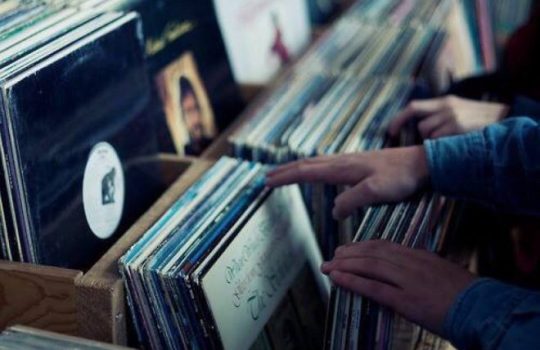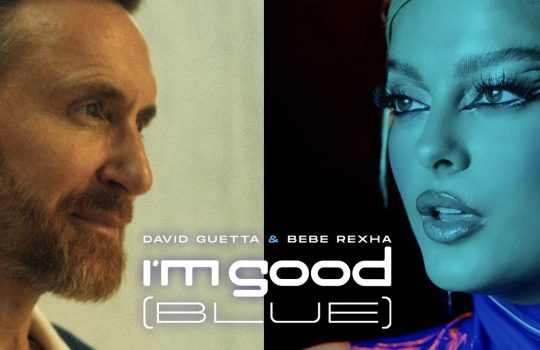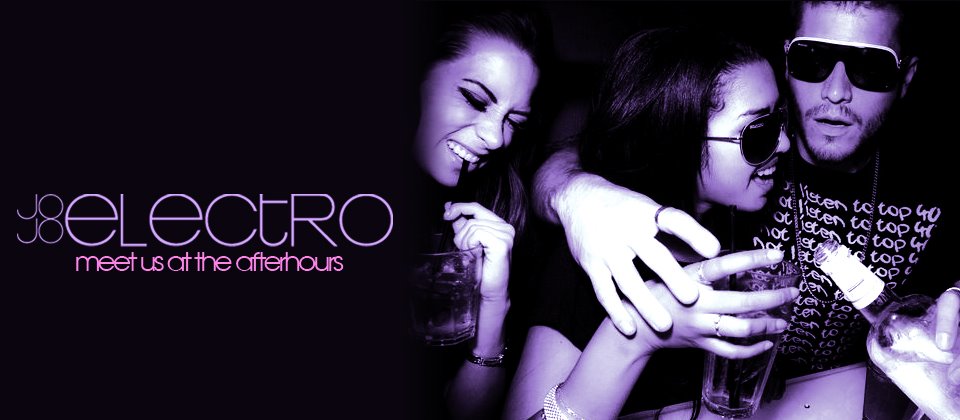
NFTs (non-fungible tokens) have exploded in popularity over the last few months, driving millions of dollars in sales throughout the art community, with many brands and personalities in the entertainment and music industries also getting in on the action. There have been some mind-boggling numbers reported in the music industry, with electronic musician 3LAU selling just shy of $12 million in NFTs and Ozuna releasing an NFT collection that generated just shy of a million dollars.
While the numbers mentioned above are impressive, there is a much larger opportunity in the music industry thanks to NFTs, giving artists a new way to generate revenue, interact with fans and release music. To fully understand the potential here, one must first have a good understanding of what NFTs are.
What are NFTs?
The potential of NFTs in the music industry
So, how can NFTs be applied to the music industry right now? Aside from the collectibles and artistic pieces being currently offered by some artists, there are so many things that can be packaged as a one-off collectible and sold as NFTs, including concert tickets, special access and private NFT holders-only performances, livestream interviews and shows, and limited-edition albums.
Almost anything can be stored on the blockchain as a limited-edition collectible. The entire distribution network, from artist to fan, is verifiable. NFTs also give 100% of the rights and ownership to the creator when it comes to how his or her property is distributed.
Blockchain levels the playing field
Blockchain technology is the biggest advantage when it comes to NFTs in the music industry, as it completely levels the playing field, allowing artists to go up against the largest distribution platforms — going around them and interacting with their fanbases directly.
It also prevents them from having to distribute profits across multiple third-party platforms and service providers. This means that all revenue and resale royalties go directly to the artists, making their music and offers even more financially lucrative.
Then, when you add in the ability to create new ways for fans to support and interact with the artist, it really makes a strong case for any artist interested in having more control over his or her distribution, royalties and offers to consider migrating to the blockchain immediately.
Even post-career earnings can forever live on the blockchain, making artists’ libraries and holdings priceless, generation after generation.
NFTs present an opportunity for stronger artist-fan relationships
NFTs allow fans to own something directly from their favorite artist — whether it’s a concert ticket that shows undeniable proof of their attendance or a special limited-edition collectible. When it’s coming directly from the artist — and not a distribution platform — it has a deeper meaning. This creates a much stronger artist-to-fan relationship.
With middlemen and third parties removed, it creates a more rewarding experience for the fans and a more financially rewarding situation for the artist. It’s truly a win-win opportunity for both sides, which is the main reason we will see NFTs take the music industry by storm.






78win63
3 December 2025 at 07:20Decided to give 78win63 a shot! Why not, eh? Gotta be in it to win it! Hope for some easy cash today!
811bet1
3 December 2025 at 13:18811bet1 is okay, nothing to write home about. But hey, if you’re looking for a new place to drop a few bucks, why not? Good luck out there. 811bet1